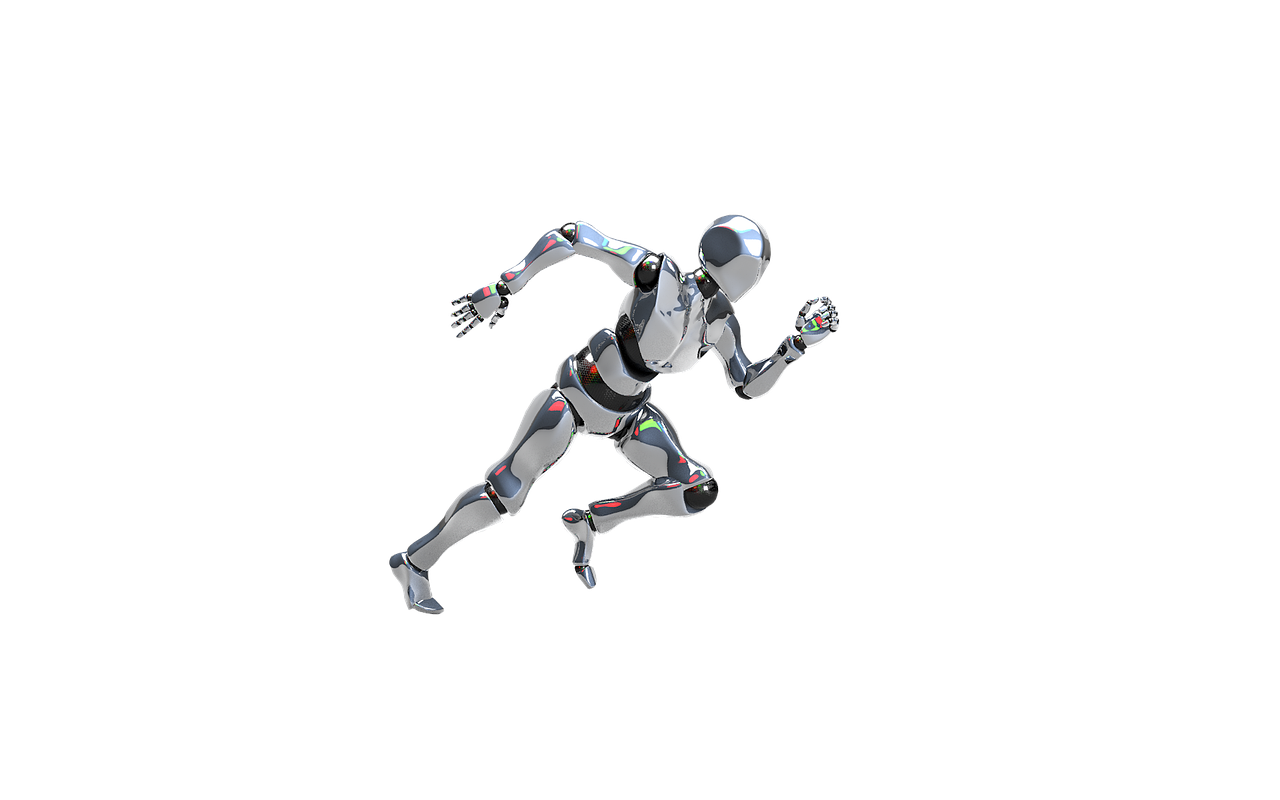The Great Fusing: U.S. Government and Tech Giants Drive AI and Space Innovation Amid Geopolitical Rivalry

Brief news summary
The U.S. government's collaboration with tech giants such as Microsoft, Google, OpenAI, and Nvidia—dubbed "The Great Fusing"—marks a significant shift in AI and space technology amid rising geopolitical competition with China. Central to this effort is the $500 billion Stargate project, which aims to enhance computing and space capabilities crucial for national security and economic power. This initiative involves select international allies, fostering unprecedented multinational cooperation to drive innovation and strengthen strategic alliances during global tensions. However, the rapid fusion of technologies raises concerns about job displacement, privacy, and workforce impacts often overlooked in the race for tech dominance. The involvement of venture capitalists and policy advisors complicates governance, challenging transparency and accountability. Defense contractors are also developing militarized technologies like undersea drones and space weapons for multi-domain warfare. U.S. policies reflect contradictions by attracting foreign AI talent while imposing strict visa restrictions, highlighting the tension between security and openness. Ultimately, this fusion promises major advancements but demands careful policymaking to balance innovation with ethical and societal concerns.The ongoing convergence between the U. S. government and leading technology firms signals a transformative shift in artificial intelligence (AI) and space technology. Termed "The Great Fusing, " this strategic integration is driven mainly by geopolitical rivalry with China, aiming to secure U. S. dominance in global technological innovation. Under President Trump’s administration, Silicon Valley giants like Microsoft, Google, OpenAI, and Nvidia have deepened ties with Washington, forming a complex public-private partnership centered on ambitious projects such as the $500 billion "Stargate" initiative. Stargate focuses on developing next-generation computing and space technologies with profound implications for national security, economic competitiveness, and scientific research. International stakeholders also play a crucial role in Stargate, which includes select global partners. By combining resources, expertise, and technological assets across countries, the program exemplifies an unprecedented level of multinational coordination. This multinational approach not only aims to accelerate breakthroughs but also to strengthen alliances amid growing tensions with China, which is simultaneously advancing in AI and space exploration. Despite accelerating innovation, this government-tech synergy raises significant concerns often overlooked. The widespread automation enabled by AI threatens to disrupt labor markets, risking large-scale workforce displacement. Furthermore, AI’s integration into daily life and government functions poses serious privacy challenges that remain inadequately addressed. Adding complexity, a new class of intermediaries—venture capitalists, influential tech innovators, and policy consultants—exerts substantial influence over technology policy and innovation direction while defending their business interests.
Their dual role in shaping public policy and promoting private enterprise success introduces questions regarding transparency and accountability within U. S. tech governance. Meanwhile, defense technology firms are gaining unprecedented influence within the Pentagon, signaling a shift toward militarizing emerging technologies. Developments in undersea drones and space-based weaponry are progressing from concepts to actual deployment, marking a new phase in defense capabilities. This expansion prepares the U. S. for multi-domain operations across sea, space, and cyber domains, reflecting the broadening nature of modern warfare. Contradictions persist in U. S. policy: the Trump administration encourages bringing in foreign AI talent to boost innovation but simultaneously enforces restrictive visa policies that limit many foreign experts' entry. This tension underscores the challenge of balancing open innovation with national security concerns in a fiercely competitive technological environment. In sum, the fusion of government and the tech sector presents both promise and uncertainty. It embodies urgency to maintain leadership, fosters remarkable innovation, and simultaneously introduces risks that remain insufficiently examined or mitigated. Moving forward, vigilant oversight and comprehensive policies will be critical to harness these advancements’ benefits while addressing their societal and ethical implications.
Watch video about
The Great Fusing: U.S. Government and Tech Giants Drive AI and Space Innovation Amid Geopolitical Rivalry
Try our premium solution and start getting clients — at no cost to you

I'm your Content Creator.
Let’s make a post or video and publish it on any social media — ready?
Hot news

15 Ways Sales Has Changed This Year in the Age of…
Over the last 18 months, Team SaaStr has immersed itself in AI and sales, with a major acceleration starting June 2025.

OpenAI's GPT-5: What We Know So Far
OpenAI is gearing up to launch GPT-5, the next major advancement in its series of large language models, with the release expected in early 2026.

AI in SEO: Transforming Content Creation and Opti…
Artificial intelligence (AI) is swiftly reshaping the field of content creation and optimization within search engine optimization (SEO).

AI Video Conferencing Solutions Improve Remote Wo…
The shift to remote work has highlighted the crucial need for effective communication tools, leading to the rise of AI-powered video conferencing solutions that enable seamless collaboration across distances.

AI In Medicine Market Size, Share, Growth | CAGR …
Overview The Global AI in Medicine Market is forecasted to reach approximately USD 156

Google's Danny Sullivan & John Mueller On SEO For…
John Mueller from Google hosted Danny Sullivan, also from Google, on the Search Off the Record podcast to discuss "Thoughts on SEO & SEO for AI

Lexus takes generative AI for a spin in new holid…
Dive Brief: Lexus has launched a holiday marketing campaign created using generative artificial intelligence, according to a press release
AI Company
Launch your AI-powered team to automate Marketing, Sales & Growth

and get clients on autopilot — from social media and search engines. No ads needed
Begin getting your first leads today








